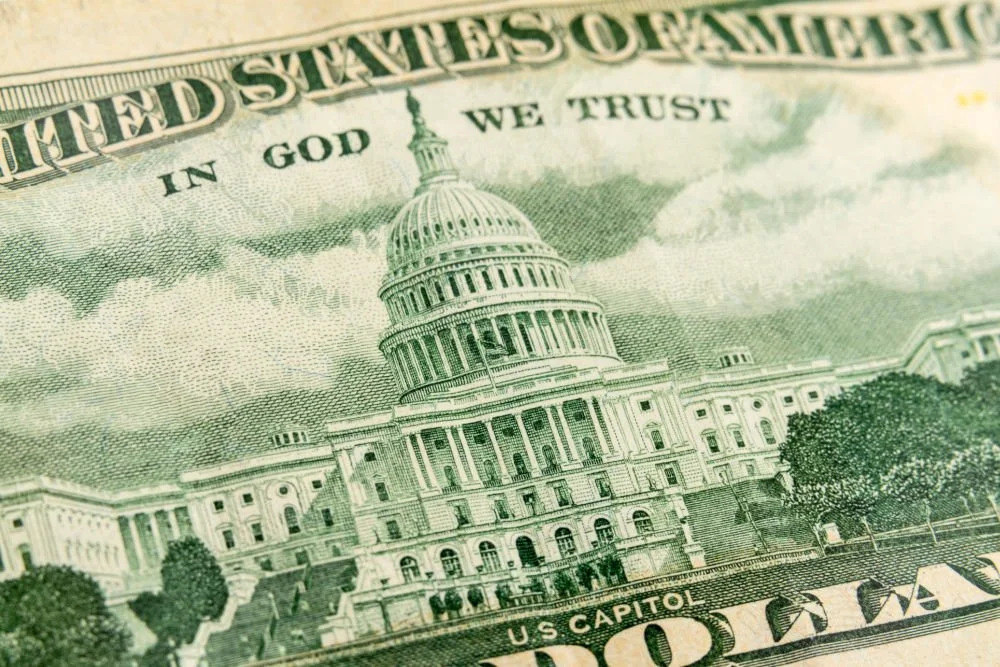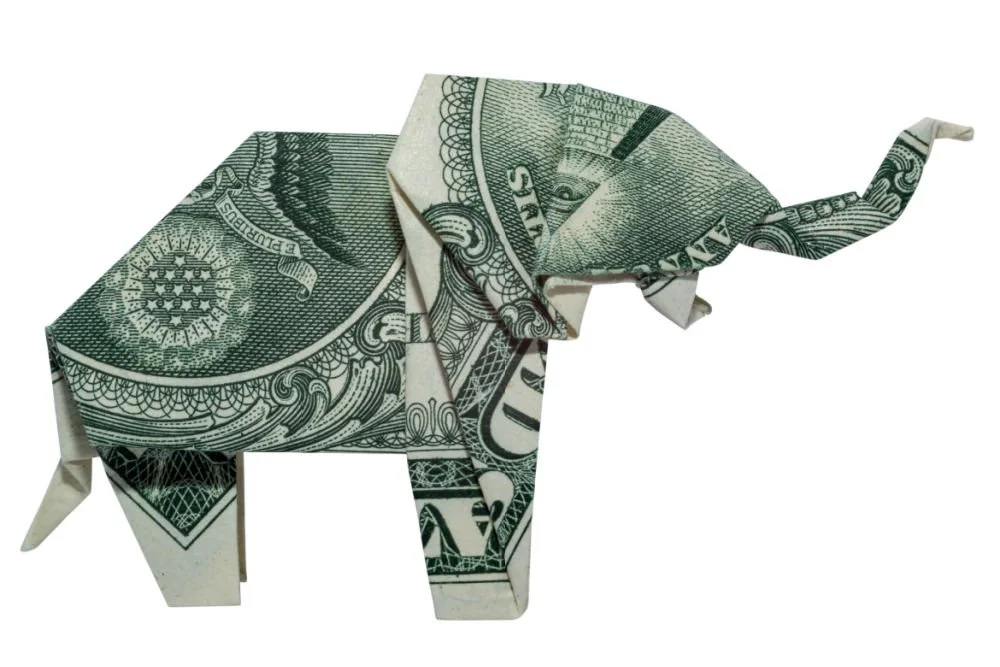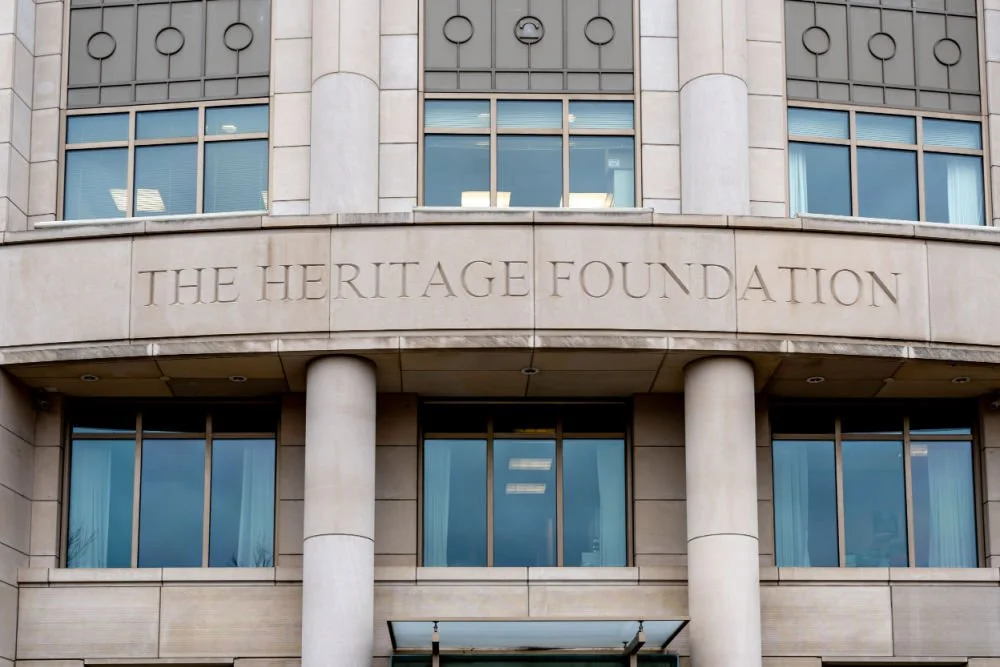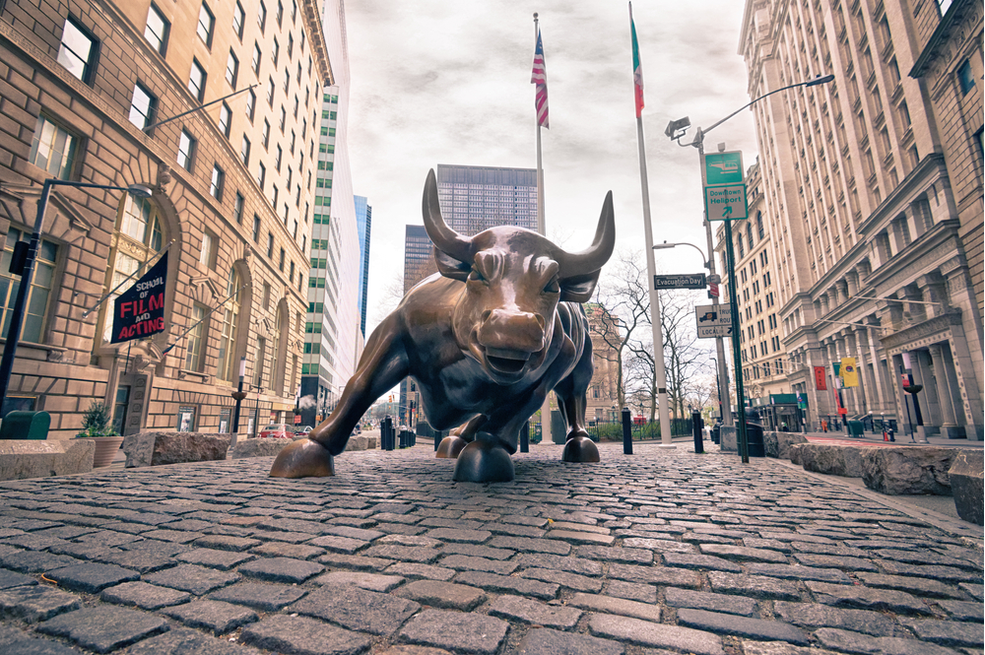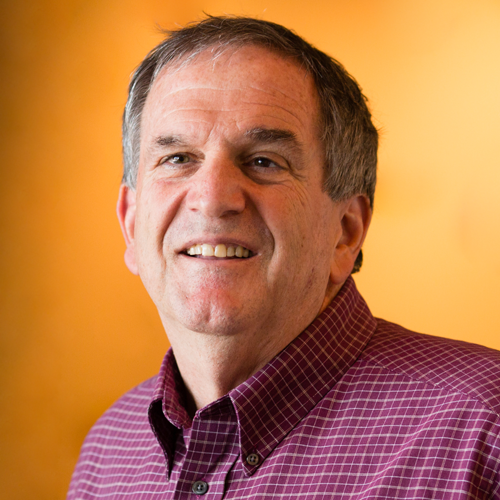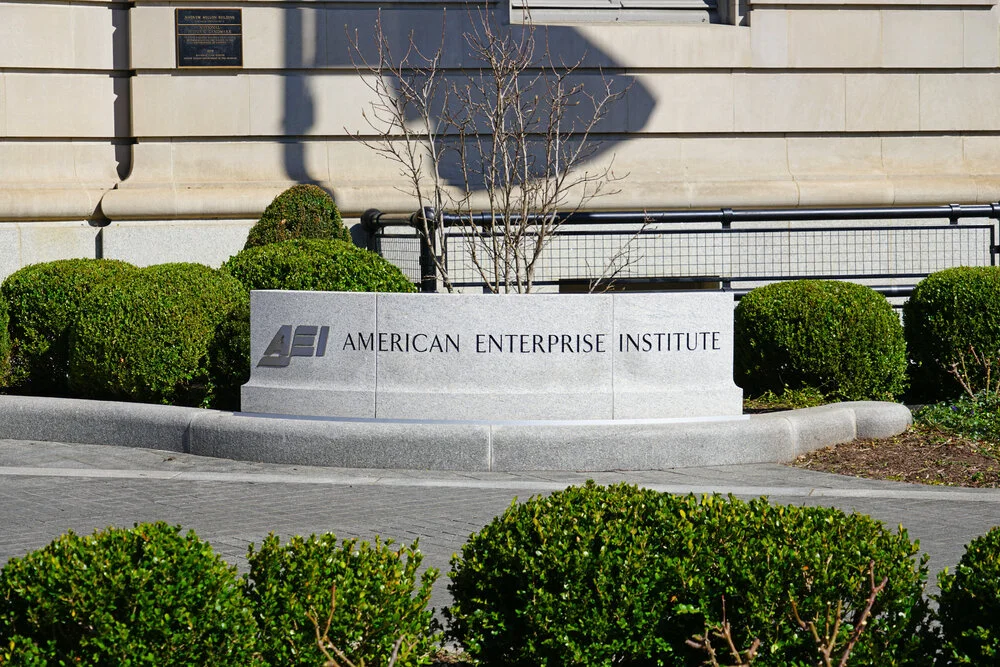Up Against Wall Street: How This Little-Known Hedge Funder Backs Financial Reform
/The Fearless Girl statue facing Charging Bull in Lower Manhattan, New York City. photo: Quietbits/shutterstock
Equity issues have moved to the forefront of philanthropy in recent years. That’s no surprise, given increasingly stark divides between the haves and the have-nots of American society. Funders have employed a range of grantmaking strategies to tackle inequality through lenses like employment, education, race and place. Nevertheless, while that work is laudable, we’ve yet to see much grantmaking that actually digs into the policies and power structures that govern the economy.
Consider, for instance, the case of Wall Street regulation. It’s no secret that the 2008 crash wiped out a vast amount of wealth held by lower- and middle-income households. The recession was an enormous step back for the fight against poverty, and so we might expect to see a flurry of grantmaking to Beltway think tanks and advocacy groups pushing for Wall Street reform. But that hasn’t happened. In fact, with the exception of Herb Sandler, who passed away this month, and a scant few others, philanthropy is missing in action on the issue.
There are some bright spots. Herb and Marion Sandler financed the fight against predatory lending through the Center for Responsible Lending while backing equitable fiscal and budgetary policy through places like the Center on Budget and Policy Priorities. And a few left-leaning funders have long supported Americans for Financial Reform, an organization that emerged after the crash—though rarely with major grants.
A Lonely Voice
Given that a stable financial system underpins almost every other issue on funders’ agendas—not to mention the health of foundation assets themselves—philanthropy seems deeply underinvested in issues of financial reform. Funders have been tuned out, even as Wall Street has engaged in a sustained campaign to undermine Dodd-Frank and destroy the Consumer Financial Protection Bureau.
All of which is why Michael Masters is such an important philanthropist right now.
Masters isn’t well-known, but like Sandler, he is a financial industry insider willing to critique the field that made him rich. Through Better Markets, a 501(c)(3) policy and advocacy group for which he’s the main funder, the hedge fund manager has supported financial reform from behind the scenes for the past decade.
Back in 2012, with the crash still a clear and present memory, the New York Times dubbed Better Markets “Occupy Wall Street’s suit-wearing cousin.” It’s a group of finance experts and lawyers who’ve resisted the siren’s song of industry lobbying to represent the common interest in an arcane arena that routinely flummoxes the very lawmakers charged with overseeing it.
Over its history, Better Markets has delved into over 225 federal rulemaking processes, where the particulars of Dodd-Frank and other legislation get hammered out. It’s no small task. “There are many, many more lobbyists on the other side,” Masters told me. “And the rules have gotten so complex that lobbyists can come in and no one is equipped to argue against them. It’s imperative that we have a full-time organization doing this advocacy, so that all of us who use markets are better off.”
Related:
Systemic Failure: Four Reasons Philanthropy Keeps Losing the Battle Against Inequality
To Reduce Inequality, a Foundation Looks to Shift Both Policy and the Larger Narrative
Kicking an Anthill
Masters didn’t set out to found one of the only organizations capable of going toe-to-toe with Wall Street lobbyists on policy. “It just sort of happened through a coincidence of events,” he said. In the years leading up to 2008, Masters grew concerned with the extent of large institutional investments in commodity futures, a market that has always permitted some speculation, but not to the degree he was seeing. “Over time, banks and Wall Street had changed the rules to allow much more speculation in those markets. It started at 25 percent, and got up to 80 to 90 percent,” he said.
At the time, Masters and his wife had set up a charitable foundation to support social justice and environmental causes in the Caribbean and southeastern United States. Sitting on the board of Partners in Health, an organization dedicated to improving healthcare for the world’s poorest people, Masters noticed that speculation-driven commodity price distortion diminished nonprofits’ ability to provide aid to places like Haiti. And beyond the philanthropic context, market distortion could (and would) have deleterious effects on the U.S. economy as a whole.
“So I sent out an email to colleagues on Wall Street about what was going on,” Masters said. He included a report assembled by analysts at his hedge fund. As it turns out, one of the recipients was close to then-Senator Joseph Lieberman, whose office asked Masters to testify before Congress. He was hesitant, at first. “I asked if there was anyone else who does this sort of thing, but they said no one else would talk about it,” he said. So Masters agreed to testify in May of 2008, referring to it as a “civic duty.”
Unexpectedly, the testimony attracted loads of media attention. “Through this process, I kicked an anthill on Wall Street,” Masters said. Personal attacks were levied against him, including accusations that his testimony was a calculated strategy to benefit his own portfolio—allegations that have also dogged his support for Better Markets. “I didn’t like being attacked. But if I was being attacked, I knew I was doing the right thing,” he said. In the end, Lieberman asked Masters to come back to Washington, paving the way for a string of testimonials before congressional committees and federal regulators.
In the meantime, the market crashed. Masters had his hands full running his hedge fund, but he kept getting requests for input on derivatives and other market products whose mismanagement tanked the economy. Along the way, he met Dennis Kelleher, a crisis management lawyer and senior congressional staffer who’s worked for the likes of senators Edward Kennedy, Barbara A. Mikulski and Byron Dorgan. “I was looking for a different challenge and ended up focusing on two broad areas: financial reform and campaign finance reform,” Kelleher said. “There were some people working on campaign finance, but really nobody in the financial reform space.”
Kelleher and Masters hit it off, and the hedge funder asked the veteran D.C. staffer if he could set up an organization to advocate for financial reform on the ordinary citizen’s behalf. Kelleher agreed, but they had to move quickly. Dodd-Frank was being confirmed, beginning a crucial period of federal rulemaking that would determine exactly how—and to what extent—the law would be enforced. The corporate sector pays close attention to the rulemaking process following regulatory legislation. But to their detriment, equity-minded funders and advocacy organizations largely do not.
Masters put forward all of the initial funding to get Better Markets up and running while Dodd-Frank was still under discussion. “Because of lobbying by the financial services industry, rules were likely to be weakened. We needed to move in while things were happening,” he said. Fast-forward to the present, and Better Markets assesses that while many Dodd-Frank rules could have been enforced much better, the act has reduced the risk of economic catastrophe.
Funding an Uphill Battle
But the danger is far from over. Looking to roll back as much of Dodd-Frank as they can, Republican lawmakers and their allies in the Trump administration are trying to steer things back in a laissez-faire direction. And while some prominent Democrats have adopted a more proactive stance, many in the party are swayed by Wall Street campaign donations, or just don’t see any gains from going up against one of Washington’s most powerful interest groups on a set of issues that can be hard to understand.
While Better Markets can’t stop finance honchos from writing checks to candidates and super PACs, it can and does help level the expertise playing field inside the Beltway, bringing more intellectual firepower to financial reform issues than any policy shop in D.C. According to Kelleher, the group aims to be active in all of Washington’s arenas—legislation, regulation, the judiciary and the media. At the CFPB, for instance, it’s working to prevent the Trump administration from gutting consumer protection rules. At the Securities and Exchange Commission, it’s advancing a new rule to counter brokers’ freedom to disregard clients’ best interests in favor of maximizing their own earnings.
“Preventing crashes and protecting investors is only one part of it,” Kelleher said. “The other part is to reorient the biggest financial institutions away from unproductive, anti-social gambling that creates big bonuses for financiers, and get back to supporting the real economy, jobs and growth.”
Masters’ and Kelleher’s core assertion is that in addition to its current fixation with efficiency, Wall Street should prize the soundness and durability of markets. For that to happen, markets require clear and enforceable rules of the road. But that’s not the de facto view on Wall Street, against the evidence of history. “There’s this idea that everything will work itself out. That laissez-faire view is naive because markets work in a society. You need the rule of law to have any of these markets in the first place,” Masters said.
Because of the extreme complexity of finance—much of it a manufactured complexity, Kelleher and Masters argue—staff at Better Markets need to be highly specialized and well-paid. And while Kelleher and team are seeking other funding sources, Masters remains the organization’s primary backer. It’s a point we make often, but if more liberal funders followed the right’s example and gave to move Beltway policy, financial industry lobbyists would have a much harder time defanging the rules.
We shouldn’t hold our breath waiting for that to happen. As Masters pointed out, the mission of Better Markets is “unusual” in that it may directly affect investor profitability. And that’s the rub. Because as much as philanthropists may inveigh against inequality, they’re still the winners in a system that has spent decades embracing recklessness to drive up the assets and compensation of those at the top. Until philanthropy and America’s far upper class come to terms with their own complicity in the nation’s growing wealth gap, reform advocates’ uphill battle will continue.







